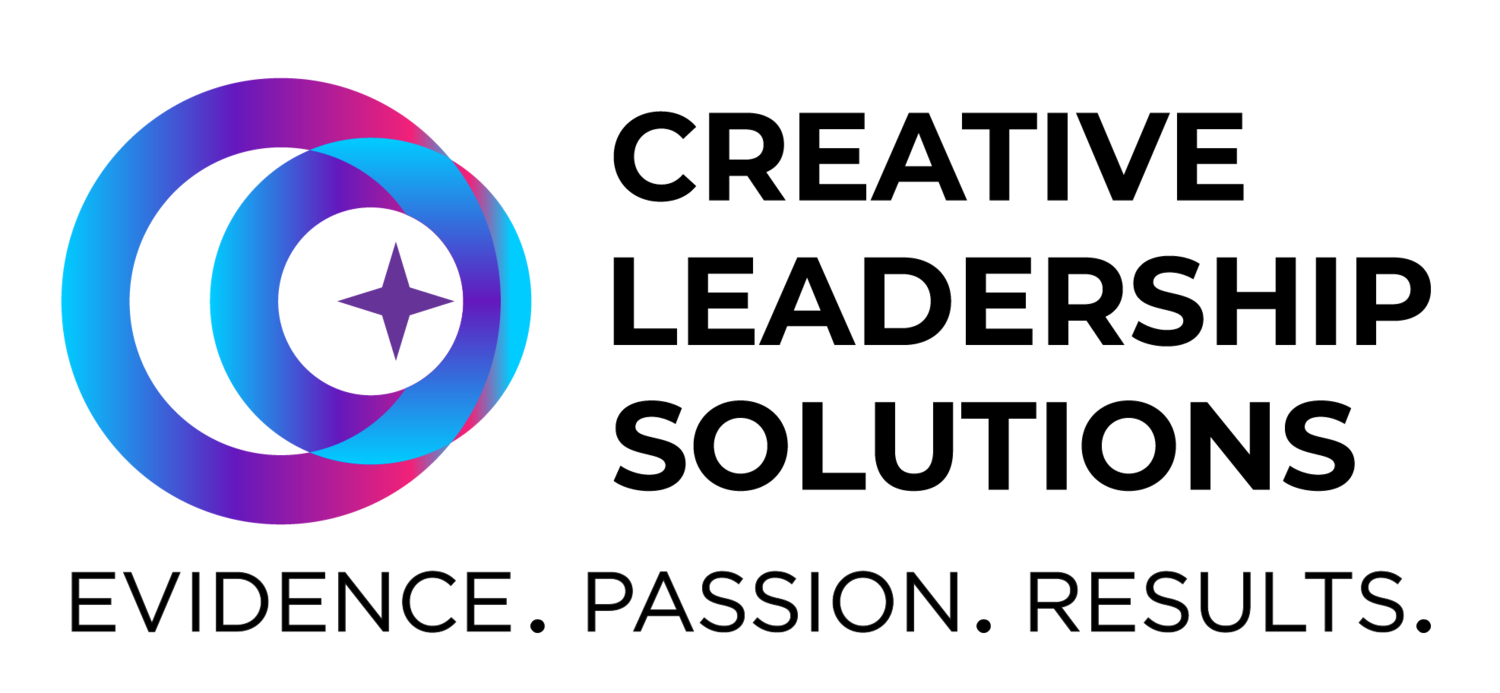Creative Leadership Blog
Dr. Douglas Reeves and colleagues regularly publish on relevant topics for busy educators. Whether it is a book, article, or blog, each contain facts and practical next steps for practitioners. As with all our resources, please share with colleagues and communities.
Looking Ahead: Insights on Building Capacity for Remote Learning
We have interacted with thousands of school leaders and educators since COVID-19 essentially closed every school in the nation. In call after call, webinar after webinar, and video meeting after video meeting, these educators have expressed a growing belief that the start of the 2020-2021 school year will be anything but normal. Most anticipate there will be some form of remote learning involved even if students are able to physically attend school.
Looking Ahead: Insights on Engagement from Teachers and School Leaders
What will school look like in the fall? Will it be in-person, virtual, or some combination of the two? Teachers, students, and families are asking the same questions across the nation.
Central Coast High School: A Case Study
At Central Coast High School, where students are referred due to not being on track to graduate because of a history of failing classes, there were high levels of Ds and Fs. The number of students failing classes was making it even harder for students to graduate.
Five Ways to Prepare for Summer 2020
Before the end of the spring term, each student needs a very few - 3 to 5 - summer learning targets, with an emphasis on literacy and math. These should be achievable and grade-level appropriate, everything from learning the sounds of the letters of the alphabet to interviewing a neighbor or relative at a safe distance or over the phone and writing about them.
You Can’t Do Everything
This is truly an unprecedented time in American educational history. I have been honored to continue relationships with schools across the country, albeit remotely, and am humbled by their leaders’ and faculties’ dedication to making this time as normal and productive as possible for their students
Three Ways to Navigate the Challenges of Online Learning
Many teachers are expert users of technology, so the focus on tech-based delivery is not too difficult for them. But some of their colleagues – and many of their students – are overwhelmed. In almost every school district, even those that have had one-to-one computer availability, a significant number of families have not had computers or internet access.
Crisis Communications Plans Help Organizations Be Prepared
Twenty years ago, it was the first few hours after disaster struck that largely determined whether an organization would emerge from a crisis with its reputation intact.
Using the Marshall Memo and the Best of Memo Books
The Marshall Memo is a weekly digest of the best ideas and research from a wide range of publications. Every Sunday, I sit down and read through the journals and magazines that came in that week (I subscribe to more than 60).
What Does Effective Collaboration Look Like?
This week I was asked by an educator, “What does collaboration look like?” It’s a profound question, because the answer is much deeper than educators and administrators sitting around a table and being pleasant to one another. Collaboration is hard work and often requires a level of vulnerability that does not come easily to many faculty members.
Early Childhood Education: The Missing Link in Educational Accountability
The second study in the past month to document the long-term outcomes of effective early childhood education was released by the Consortium for Policy Research in Education (CPRE).
Get Your Inbox to Zero in Three Steps
Everyone I know complains that there is too much to do and not enough time to get everything done. One of the biggest thieves of time is our email inbox. But to be fair, the inbox is not the problem; it’s the inefficient way in which we interact with emails.
The Dangers of Screen Time . . . in 1440
We've all heard about the dangers of excessive screen time. Students with more than five hours a day of screen time show decreased levels of concentration and empathy. This is especially true of those screen functions that require no engagement or interaction by the student with the media, but simply allow their bodies and minds to become sedentary wastelands.
Gifted Programs and Socioeconomic Status
Gifted programs in the U.S. are designed to provide enrichment for students with exceptional talent and aptitude. The aim of these programs is to help the students reach their potential and keep them engaged in school.
The Power of Psychological Safety
Edmondson begins with a puzzle: Which team has a greater number of errors the one with high psychological safety or low psychological safety?
Why Standards?
If you ask colleagues why we have academic content and performance standards today, they are likely to reply with a curse aimed in the general direction of the No Child Left Behind Act of 2001. But there is a bit of history before the 21st century, and it is important to bear this history in mind when considering the advantages and disadvantages of standards.
The Research Paradox: Too Much and Too Little
In a brilliant post, Johns Hopkins University researcher Robert Slavin pushes back on a number of contemporary claims about educational research. The essence of the argument is that, thanks to the research frameworks of the Every Student Succeeds Act (ESSA), abundant research suggests strong and moderate effects on student achievement of several educational interventions.
Getting the Most Out of Coaching
Coaching is an increasingly common method used by educational systems to improve performance. Instructional coaching, leadership coaching, and executive coaching consume extraordinary amounts of time and resources, but there is wide variation in the results they achieve. Indeed, there is wide variation in the definition of what the coaching relationship is all about. Here are five guidelines to maximize the return on your investment of time and resources in coaching.
The Key to Resilience: Pencil, Not Pen
Social and emotional learning (SEL) is a hot topic in education these days. In particular, we want to build resilience, perseverance, and grit among our students and also among our teachers and administrators.
Five Ways to Improve Creativity in Schools
Since the 1990’s, educators have been implored to pay attention to “21st Century Skills,” with creativity at the top of the list. A survey of Global 1500 CEO’s put creativity as the most desired skill in hiring new employees. A growing number of vision and mission statements for schools and districts include an elegy to creativity. But for all the hype about how important creativity is, the reality is that many schools not only fail to encourage creativity, but undermine it.
Getting the Most Out of Professional Learning
Education systems invest enormous amounts of time and money in professional learning. The results range from transformative (“This profoundly changes the way I teach and lead”) to wasteful (“Another irrelevant workshop”).










